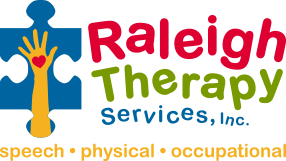Educational Therapy

More than 10 percent of students struggle with a learning disability like dyslexia, dysgraphia, ADHD and autism spectrum disorder.
Our online educational therapy program supports children faced with such learning disorders that impair their ability to read, write and spell.
Modeled after the proven Orton Gillingham Approach, our program offers an individualized, systematic method to teach children key strategies to learn materials related to academic subjects.
Screen your child now with this free dyslexia test
Learn more about how tele-therapy is used to treat dyslexia
Our educational therapists are trained to work with the following areas:
- dyslexia and related reading disorders
- dysgraphia and related writing disorders
- attention deficit and hyperactivity disorders (ADHD)
- working memory problems
- auditory and visual processing disorders
- executive functioning issues
Detecting Learning Disabilities
Learning disabilities may be hard to diagnose as symptoms vary from child to child. Parents who suspect their student may be struggling with a learning disorder may notice the following signs:
Preschool:
- Pronunciation problems and limited vocabulary
- Trouble holding a book correctly
- Limited recall of colors, letters, numbers and recognizable objects
- Difficulty rhyming words and recognizing similar sounds
- Trouble learning the names and sounds of letters and numbers
- Poor coordination, often seems unstable or falls easily
Kindergarten through fourth grade:
- Difficulty understanding the connection between letters and sounds
- Trouble pronouncing new words and remembering them
- Poor grip on pencil or crayon
- Slow to learn new skills, relies on memorization
- Unable to get meaning from reading
- Avoids reading aloud
- Exhibits behavioral issues including extreme restlessness
Fifth through eighth grade:
- Lack of enthusiasm for reading or writing
- Turns in incomplete assignments
- Poor, illegible handwriting
- Slow to grasp abstract ideas
- Struggles to make friends; poor social skills
- Unable to organize schoolwork
- Easily distracted and restless


